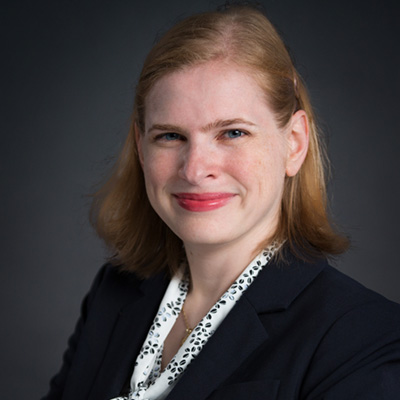SFSU presents weekly panel discussions on election issues
The Political Science Department offers a public course every four years analyzing issues in the presidential election
As lies, misinformation and deepfakes pervade political discourse, San Francisco State University’s course analyzing the presidential election is more important than ever. Established 20 years ago, the course features panel discussions with experts from the San Francisco State faculty on a different topic every session. Members of the general public may also attend. Admission is free.

Rebecca Eissler
Offered as Political Science 216-01, “The 2024 Presidential Election: Issues and Analysis” is two units. It meets Tuesdays, 4 – 5:40 p.m., over Zoom. An election night party on Nov. 5 will be both on Zoom and in person, and will go later into the evening; details will be announced soon.The first session of the class presented an overview of the Electoral College and the U.S. economy. Upcoming topics of discussion include immigration, foreign affairs and sex, gender and identity. At the end of the semester, the class will conclude with a discussion of community and political engagement, encouraging students to get involved. Overall, about 30 SFSU faculty members will serve as panelists.
“This class exposes people to the wide range of issues that might shape their decisions,” the class instructor, Associate Professor Rebecca Eissler, said. “I love this class because it brings together the brightest minds across the University in election years. When else can we grab people’s attention to talk about these political issues?”
Eissler says the major wedge issues in this year’s election are the economy, reproductive rights and health-care policy. Misinformation is a formidable challenge, she adds.
“It is so hard to correct because, when people hear things that align with their pre-existing beliefs, they believe it,” she said. “The most susceptible people to misinformation are struggling. They are vulnerable to candidates who exploit that and tell them a story that isn’t the truth.”
SF State Professor Joel Kassiola created the class in 2004, when President George W. Bush was re-elected over Democratic candidate John Kerry. It has been offered in every presidential election year since. This year marks the first time that Kassiola isn’t teaching the class.